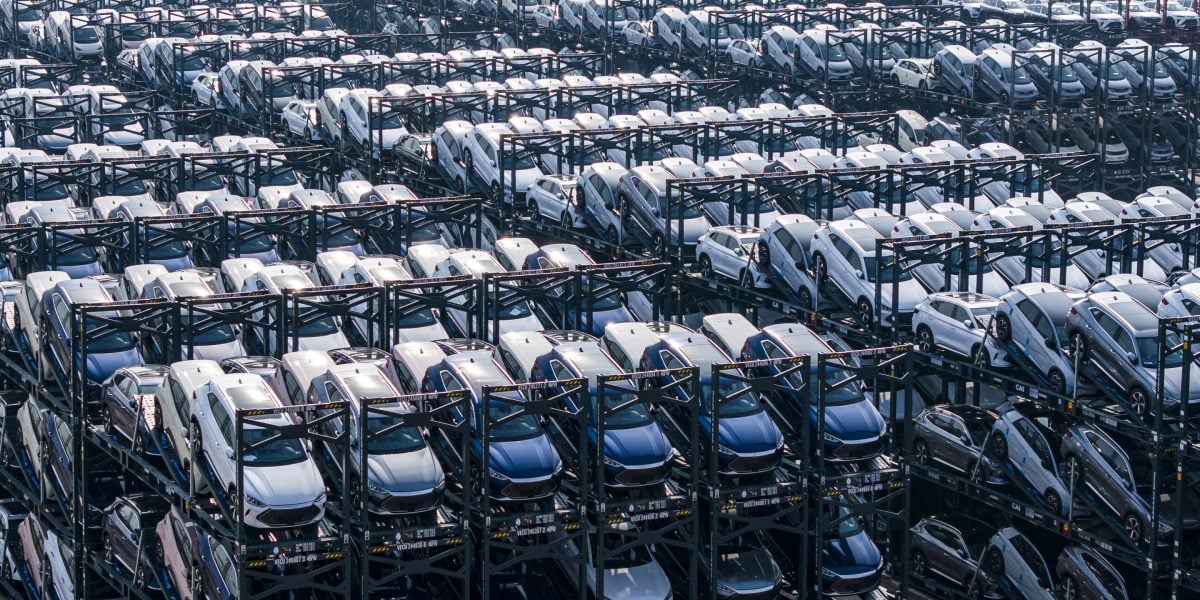China has become a powerhouse in electric vehicles. Its automaker BYD recently topped Tesla in global EV sales, with Elon Musk warning of Chinese carmakers, “If there are no trade barriers established, they will pretty much demolish most other car companies in the world. They’re extremely good.”
On Friday, the Alliance for American Manufacturing sounded the alarm, issuing a report entitled: “On a Collision Course: China’s Existential Threat to America’s Auto Industry and its Route Through Mexico.”
The report, which lists policy recommendations to combat overcapacity and unfair trade practices, notes that BYD is building factories in Thailand and Hungary designed to be regional export hubs. It then adds:
“More alarming, however, are Chinese firms’ heavy spending on plants in Mexico, through which they can access the United States by way of the more favorable tariffs under the United States-Mexico-Canada Agreement (USMCA). This strategy is, in effect, an effort to gain backdoor access to American consumers by circumventing existing policies that are keeping China’s autos out of the U.S. market.”



If you get say a Volvo it has about 275 mile range. DC charge time at a fast charger while on a trip takes 26 minutes. So every 200-220 miles you could take a 30 minute lunch / dinner or hotel /etc stop. Car comes in at ~35k. So a 6.5 hour drive would require you to stop half way. Which you would do to get gas either way. Aka driving from Orlando to Atlanta I would stop for lunch and charge, and then get dinner while I was there. Costs to recharge on the road still being slightly less than gas. Then the rest of the year when I need to charge you can plug up at home once a week or so and pay ~$11 dollars to fill up instead of ~$33 dollars.